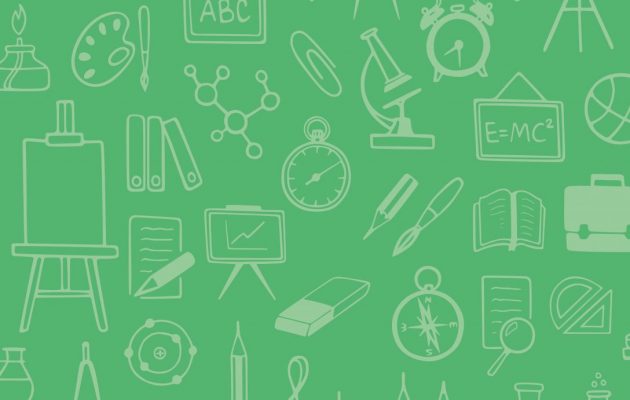Biology 2 unit
Category A: Science
Course Description
Year 11 (Preliminary) Course [Board Developed] 2 units
Year 12 (HSC) Course [Board Developed] 2 units
The new Biology syllabus has been developed using the established NSW Education Standards Authority (NESA) syllabus development process. The syllabus includes Australian curriculum content and reflects the new directions of the Stronger HSC Standards reforms.
(Students in ESL English may struggle with the literacy and language requirements of the Biology course.)
Biology can be studied ON ITS OWN or alongside ONE or TWO other Science courses.
Course Description:
Biology is the science of life. It concerns itself with the ways in which living things interact with each other and the environment and how life has developed during the course of the Earth’s history. Biologists study the structure, function, growth, origin, evolution and distribution of living organisms.
This course covers the rich diversity and interconnectedness of life while exploring solutions to health and sustainability issues in a changing world. Areas of focus will include the role of photosynthesis and respiration; ecological relationships in coastal habitats; the application of biotechnologies to induce genetic change; the human body’s immune response to infectious disease; and the range of technologies used to control, prevent and treat non-infectious disease. Students will study biological processes at small and large scales: from cells to rainforests. The coursework involves, research, experimentation, modelling and case studies.
Related careers areas include:
- health industry: medical / biochemist / pharmaceutical industry
- quarantine control
- ecosystem and resource management / planning / design
- bush regeneration / conservation management
- quality control in agriculture, food, pharmaceutical, medicine, public health industries
- marine science / fisheries / aquaculture
- food technology
- pathology
The course builds on particular understandings, skills and attitudes that students have acquired during their K-10 Science course.
With sufficient effort and application over two years, students from classes 10A1 and A2 and the top half of all other classes should be able to make a success of their studies in Biology.
Modules Covered
| PRELIMINARY COURSE (Y11) 120 Hours | HSC COURSE (Y12) 120 Hours |
|
|
Assessment – HSC course only
| EXTERNAL ASSESSMENT | WEIGHTING | INTERNAL ASSESSMENT | WEIGHTING |
| All modules 1-8 to be assessed in a formal HSC Examination |
|
A maximum of four formal assessment tasks which may include:
|
|
| 100% | 100% |
Internal assessment for both Preliminary and HSC courses is measured against the following criteria:
- Skills in working scientifically 60%
- Knowledge and understanding of course content 40%

